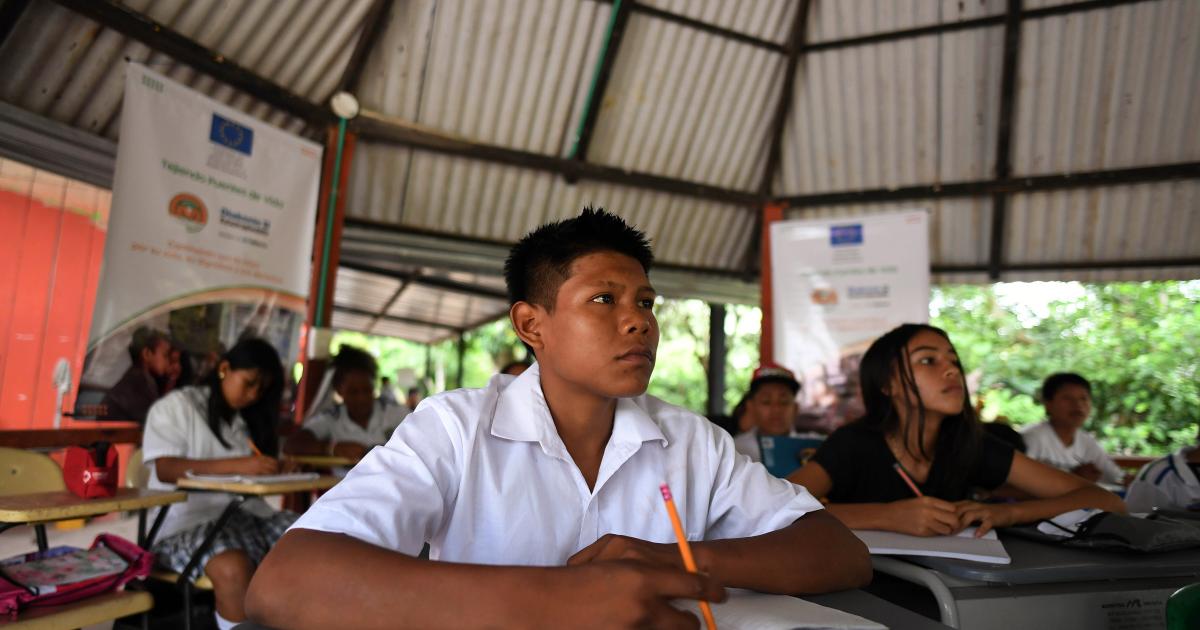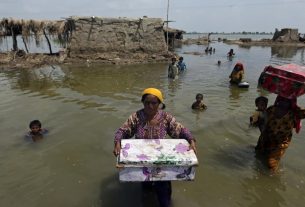Several Latin American and Caribbean countries are grappling with humanitarian challenges, mainly due to the Venezuela crisis, natural disasters, and armed conflicts. The European Commission will provide €120 million in humanitarian aid this year to help the region’s most vulnerable. Part of this aid will also bolster disaster preparedness, vital due to the region’s exposure to natural hazards.
€10 million is allocated regionally in South America to aid those forcibly displaced and at risk. Ecuador receives €2 million to support those affected by rising violence.
Also in South America, €38 million will be provided to humanitarian organisations in Venezuela. This funding targets the ongoing crisis in the country, focusing on protecting vulnerable groups, health, nutrition, and education.
In Colombia,€21 million will support people displaced by armed conflicts and to address migration impacts in border areas with Venezuela. Key areas of assistance include food security, livelihoods, water, sanitation, health, and education.
In Central America, €10 million targets those affected by violence and food insecurity, with another €10.1 million for disaster preparedness.
In the Caribbean, Haiti gets over €18 million to tackle the humanitarian crisis from escalating gang violence. Other Caribbean nations are allocated over €8.5 million, primarily for disaster preparedness.
Background
The announcement comes on the first anniversary of the Memorandum of Understanding on disaster risk management between the EU and Latin American and the Caribbean, signed in Barbados a year ago by the EU and three intergovernmental organisations, as well as three individual countries to increase cooperation in this area.
The Memorandum of Understanding (MoU) brought together the European Union and the LAC region, represented by the Caribbean Disaster Emergency Management Agency (CDEMA), the Coordination Centre for the Prevention of Disasters in Central America and Dominican Republic (CEPREDENAC), and the General Secretariat of the Andean Community (SGCAN), as well Chile, Cuba and Mexico. The MoU is a key deliverable of the EU-CELAC Summit in 2023 and it supports both regions in the implementation of the UN Sendai Framework on Disaster Risk Reduction.
Commissioner for Preparedness and Crisis Management, Hadja Lahbib, said:
‘As more and more people suffer the consequences of violence and political unrest across Latin American and the Caribbean, the European Union reaffirms its unwavering commitment to stand with the most vulnerable communities. This new EU funding will enable our humanitarian partners – many of whom are facing critical funding gaps – to continue delivering life-saving assistance where it is needed most. At the same time, the EU will continue supporting disaster preparedness in a region that is on the frontlines of climate change’s impacts and other hazards. The Memorandum of Understanding on disaster risk management, signed a year ago with Latin America and Caribbean representatives, is a tangible example of the EU cooperation on resilience and preparedness. We must build on this momentum, and I look forward to deepening our cooperation to protect and save lives.’



